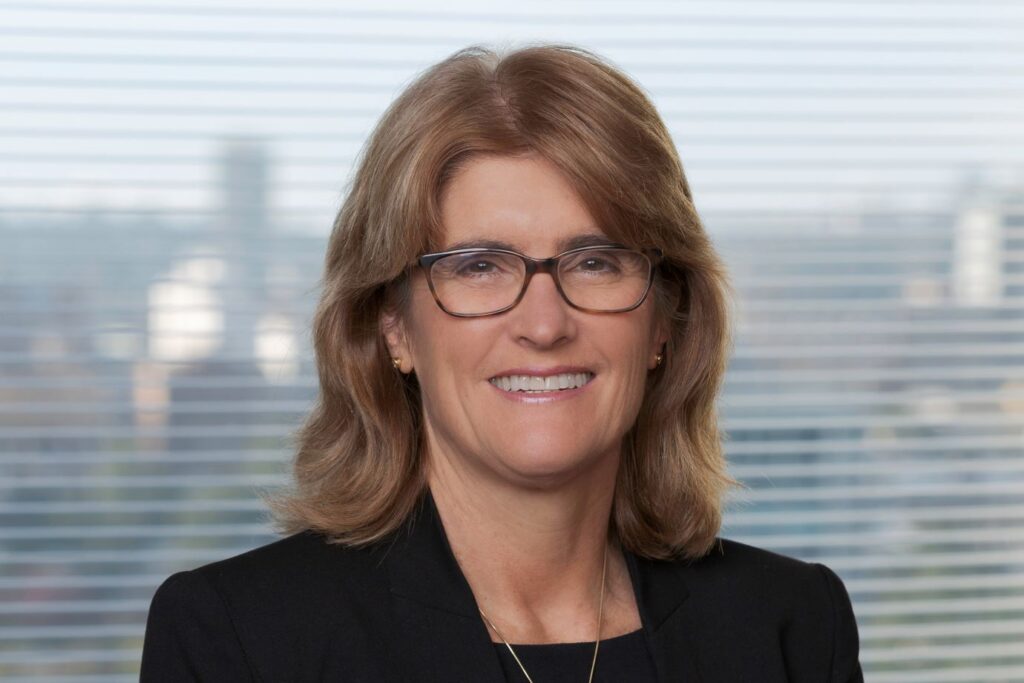Incoming Reserve Bank Governor Michele Bullock has said the uncertainty posed by climate change to the economy is “acute” and will force the central bank to reassess how it manages inflation.
Bullock delivered the annual Sir Leslie Melville Lecture at the Australian National University on Tuesday, speaking about how climate risks and extreme weather events will affect the economy into the future.
“Navigating uncertainty is an inherent part of the work of a central bank,” Bullock said.
“But the uncertainty around climate change is particularly acute. There is not only uncertainty around exactly how the climate will change but also around how this will affect the economy and financial system.
“The timing and intensity of effects are uncertain, and these could be severe and irreversible if tipping points are reached.”
The speech marked Bullock’s first since she was named the successor to outgoing RBA Governor, Philip Lowe. Bullock, currently the Deputy Governor, will step into her new role on September 18. She will be the first woman to hold the influential position in the central bank’s 63-year history.
In her speech at the ANU, Bullock described how global warmnig would impact different areas of the economy, and said an orderly transition was necessary.
“Hotter temperatures and more extreme weather will disrupt businesses, damage property and lower productivity growth,’ she said.
“Actions taken to reduce emissions may present adjustment costs, but they will also present opportunities.
“Indeed, while there is much uncertainty in this area, there is general agreement that a timely and orderly transition will be the less costly approach in the long run.”
Climate change will also impact Australia’s ability to produce goods and services, Bullock said.
“It might also affect the neutral interest rate and, therefore, the stance of monetary policy,” she said. “These concepts are difficult enough to assess in real-time in the normal course, let alone when climate change is introducing additional variability and uncertainty.”
Bullock’s speech was interrupted by a group of protestors, taking issue with a previous statement she had made, when she said she expected the unemployment rate to increase to 4.5 per cent next year.
“Hey Michele, you say 140,000 people should lose their jobs, how do you justify that?” the protesters yelled before Bullock could start her speech. “The cost of living crisis is driven by corporate greed.”
“If 140,000 people need to lose their jobs, I reckon you should go first…We’ve started to fill out your form for JobSeeker.”


